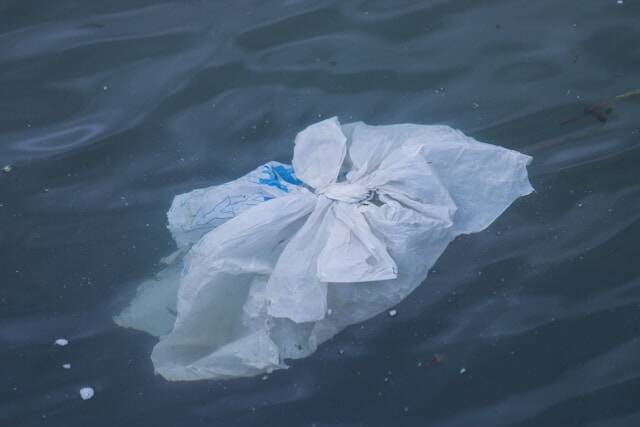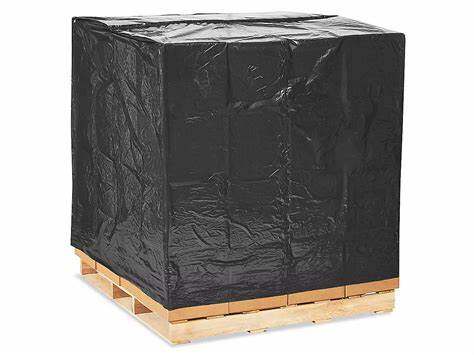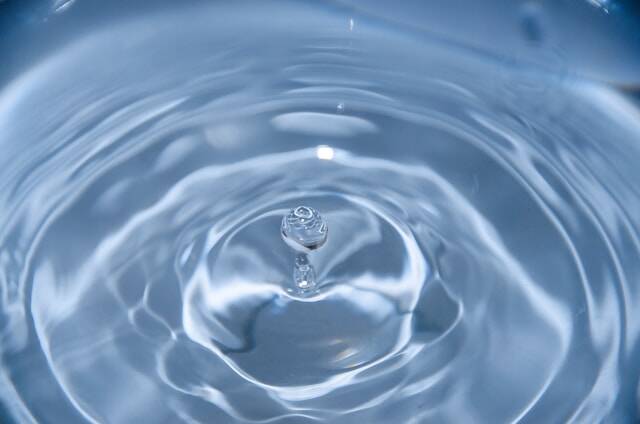The melt extruded polycaprolactone filament (left) with RHP embedded lipase nanoclusters was almost completely degraded into small molecules in 36 hours in warm water (about 40 ℃). Photo source: physicists network
Biodegradable plastics have always been considered to help solve the problem of plastic pollution, but today most of the “compostable” plastic bags are mainly made of polylactic acid (PLA), which is not decomposed in the composting process and will pollute other recyclable plastics. However, according to the latest research published in the journal Nature on the 21st, American scientists have invented a new process: using only heat and water, these Compostable Plastics can be more easily decomposed.
Previously, Xu Ting, a professor of materials science and engineering at the University of California, Berkeley, and her research team discovered an enzyme that can degrade toxic organophosphorus chemicals. They also designed a molecule called random heteropolymer or RHP, which encapsulates the enzyme and can gently bind it together without limiting its natural toughness to protect the enzyme from disintegration. RHP consists of four types of monomeric subunits, each of which has chemical properties of interacting with chemical groups on the surface of specific enzyme. They degrade under ultraviolet light and are present in concentrations less than 1% by weight of the plastic.
In this study, the research team used a similar technology. When making plastics, they wrapped billions of enzymes of nano edible polyester in RHP, and then embedded them into plastic resin beads.
It was found that RHP coated enzyme did not change the properties of plastics. When exposed to heat and water, the enzyme breaks away from the polymer coated material and breaks down the plastic polymer. Plastic can melt at about 170 degrees Celsius and extrude fibers like ordinary polyester plastic. In the case of PLA, the enzyme will reduce it to lactic acid, which can “feed” the soil microorganisms in the compost. The polymer coating material will also degrade.
For PLA, the researchers used an enzyme called protease K, which chews PLA into lactic acid molecules; For PCL, lipase was used. These two enzymes are cheap and easy to obtain.
To initiate degradation of plastics, only water and a small amount of heat are needed. At room temperature, 80% of the modified PLA fibers were completely degraded within one week. The higher the temperature, the faster the degradation rate. Under the condition of industrial composting, the modified PLA was degraded within 6 days at 50 ℃. Another kind of polyester plastic PCL was degraded in two days under the condition of industrial composting at 40 ℃.
Up to 98% of plastics produced by this process will degrade into small molecules. And this process avoids the production of micro plastic.
The researchers said the modified polyester would not degrade at lower temperatures or during short periods of moisture. It can be degraded by soaking in warm water, which means that the plastic can be composted at home( Intern reporter (Zhang Jiaxin)
Source: Science and Technology Daily



